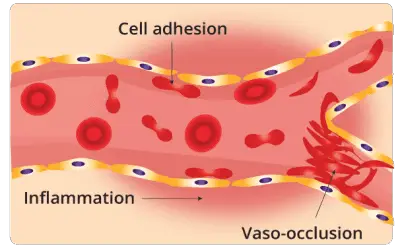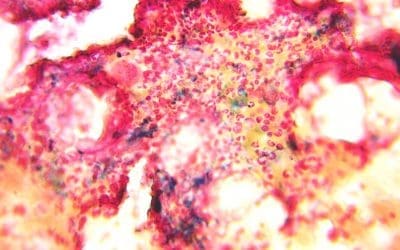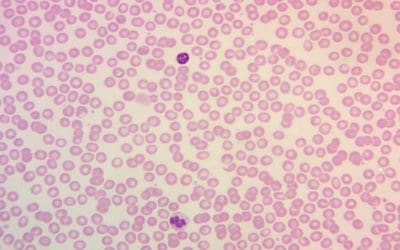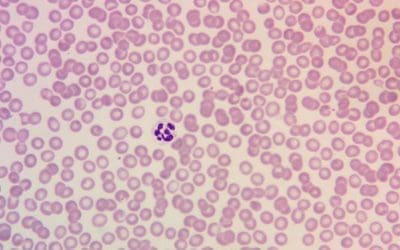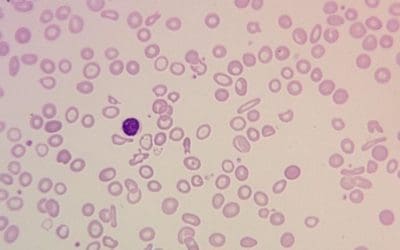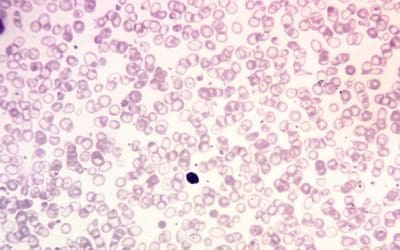Iron studies reveal iron deficiency, overload, and other conditions. Learn how MCV, ferritin, and other markers help decipher iron status and guide treatment.
Folate Deficiency
Folate deficiency, a lack of vitamin B9, can lead to fatigue, weakness, and even birth defects.
Pernicious Anemia
Pernicious anemia, an autoimmune condition, disrupts vitamin B12 absorption. This leads to fatigue, nerve problems, and a special type of anemia. Early diagnosis and B12 replacement therapy are key for good health.
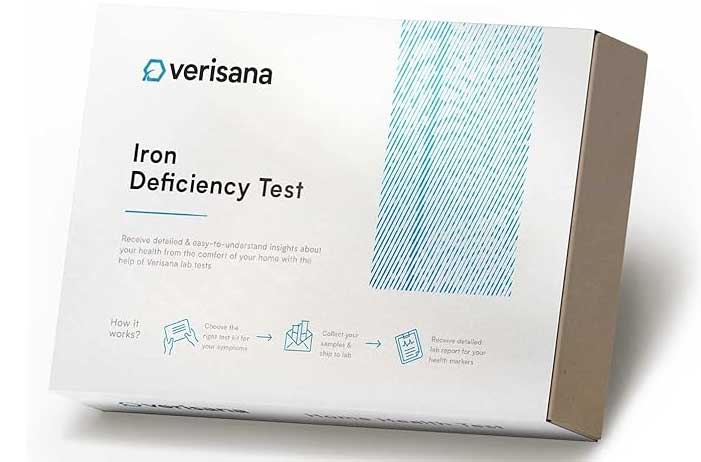
A Guide to At Home Iron Test
At-home iron tests offer a convenient and accessible way to monitor your iron levels and identify potential deficiencies early on
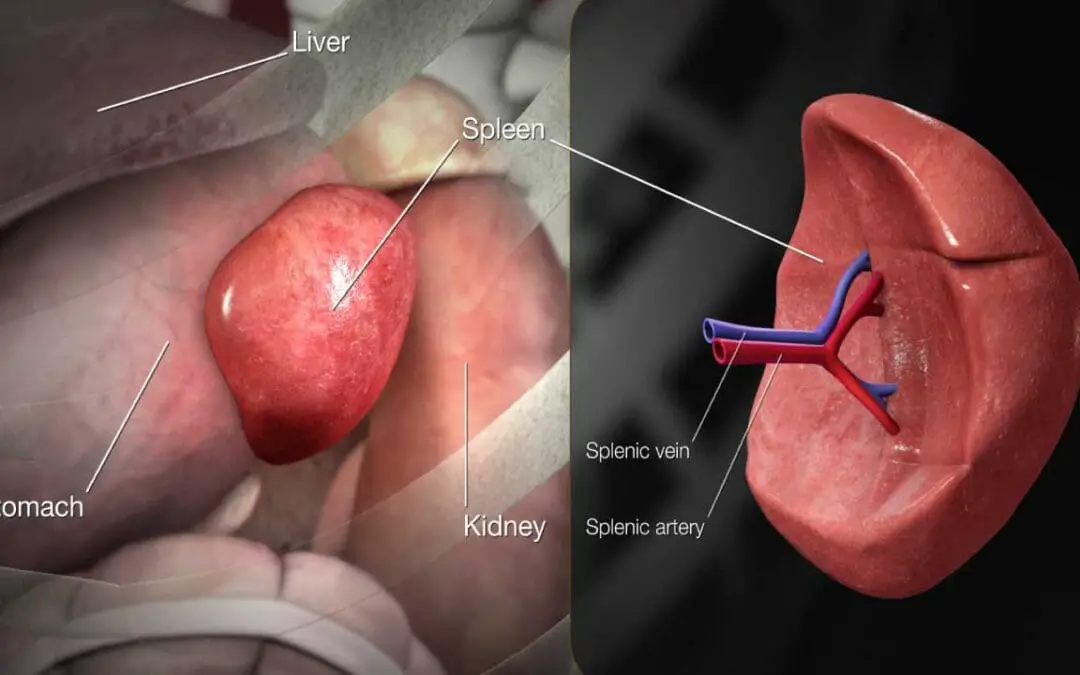
Understanding the Spleen, Splenomegaly & Splenic Pain
The spleen: A key organ for immunity and blood filtration. Learn about its function, location, and related health issues.

Homocysteine Test
A homocysteine blood test measures the level of homocysteine in your blood. Elevated levels can increase the risk of heart disease and stroke. This simple test can help identify potential vitamin deficiencies and guide personalized treatment plans
Sickle Cell Anemia
Sickle cell anemia is a blood disorder that causes red blood cells to be sickle-shaped and less flexible. This can lead to blockages in blood vessels, pain, and organ damage.
Perls’ Prussian Blue Staining
Perls’ Prussian blue stain helps in identifying presence of iron stores in the bone marrow aspirate smear.
Leishman Stain for Peripheral Blood Smear
Leishman stain is used commonly for the identification of different cells present in the peripheral blood smear. It has acidic and basic properties.
Megaloblastic Anemia
Megaloblastic anemia is a type of anemia caused by a deficiency of vitamin B12 or folate.
Iron Deficiency Anemia (IDA)
Iron deficiency anemia (IDA) is a common blood disorder caused by a lack of iron. Iron is essential for the production of hemoglobin, a protein in red blood cells that carries oxygen. IDA causes symptoms such as fatigue, pale skin, and shortness of breath.
Beta Thalassemia
Beta thalassemia is a blood disorder caused by a mutation in the gene that produces beta globin, a protein that helps red blood cells carry oxygen. People with beta thalassemia may have mild to severe anemia, and may need blood transfusions and other treatments.

